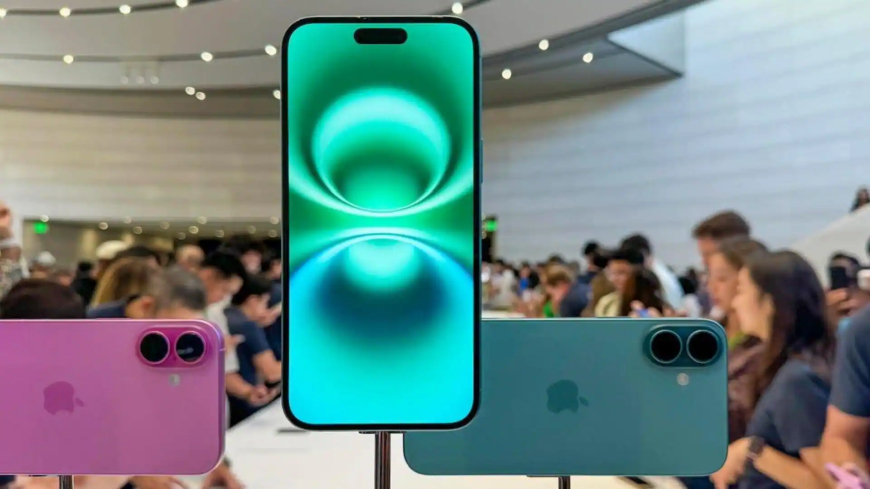iPhones With Chinese Displays Could Be Banned from the US
A U.S. trade ruling could ban iPhones with BOE displays over OLED tech theft claims. Apple may turn to Samsung, LG to avoid disruption.

The smartphone world is buzzing with a new development that might shake up Apple’s iPhone production and global supply strategy. According to a recent preliminary ruling by the U.S. International Trade Commission (ITC), iPhones that use screens made by Chinese display manufacturer BOE may soon be banned from entering the U.S. market. The reason? BOE has been accused of stealing OLED display technology from Samsung — and U.S. authorities are taking that accusation seriously.
This case, if finalized, could create major implications for Apple’s supply chain, especially since BOE supplies OLED panels for several mid-range iPhone models, such as the iPhone 15, iPhone 16, and potentially the upcoming iPhone 16e. The ITC’s proposed action includes a complete exclusion order — meaning no import of BOE displays or devices containing them into the U.S. — and a cease-and-desist order, which would stop the sale of any already-imported iPhones with those displays.
That sounds alarming, but Apple has responded calmly. In an official statement, the company clarified that it is not directly involved in the lawsuit and that none of the iPhones currently sold in the U.S. use the affected BOE displays. So if you’ve just bought a new iPhone or are planning to — there’s no need to worry. Your phone won’t suddenly be banned or blocked.
Still, the situation raises questions about how Apple might respond if the ban becomes official. The ITC’s final decision is expected in November 2025, followed by a 60-day review period by the U.S. President, who has the authority to approve or reject the ban. If enforced, Apple would likely need to reroute production, using BOE panels only for iPhones sold outside the U.S., particularly in markets like China. For the American market, Apple would likely increase orders from Samsung and LG, its more established — and safe — display suppliers.
This ruling highlights the often unseen world of component sourcing and trade secrets in the tech industry. While Apple is known for its polished end products, the iPhones we hold in our hands are built from parts sourced from dozens of companies across multiple countries. A legal issue involving just one supplier — like BOE — can create ripple effects across the entire product line. In this case, the potential ban is less about national politics and more about intellectual property rights — Samsung claims BOE copied its OLED innovations, which took years and billions to develop.
For BOE, the consequences could be serious. Losing Apple as a customer in the U.S. would not only damage its reputation but also result in significant financial losses. For Apple, however, the risk is minimal — the company is already diversified and has the financial and logistical ability to shift suppliers as needed. Still, the situation serves as a warning for all tech firms about the importance of supply chain security and legal compliance.
In the bigger picture, this news is a reminder of how complex global technology has become. A single patent case in one part of the world can impact millions of devices, global sales, and even consumer availability. For now, Apple users in the U.S. can continue using their iPhones without fear. But behind the scenes, the company is surely making quiet adjustments to prepare for any outcome.
As we wait for the final ruling in November, one thing is clear: even in the high-tech world of iPhones, legal battles over screens can be just as dramatic as the devices themselves.
For more updates, visit us at NationBytes.pk

 Israr Ahmed
Israr Ahmed